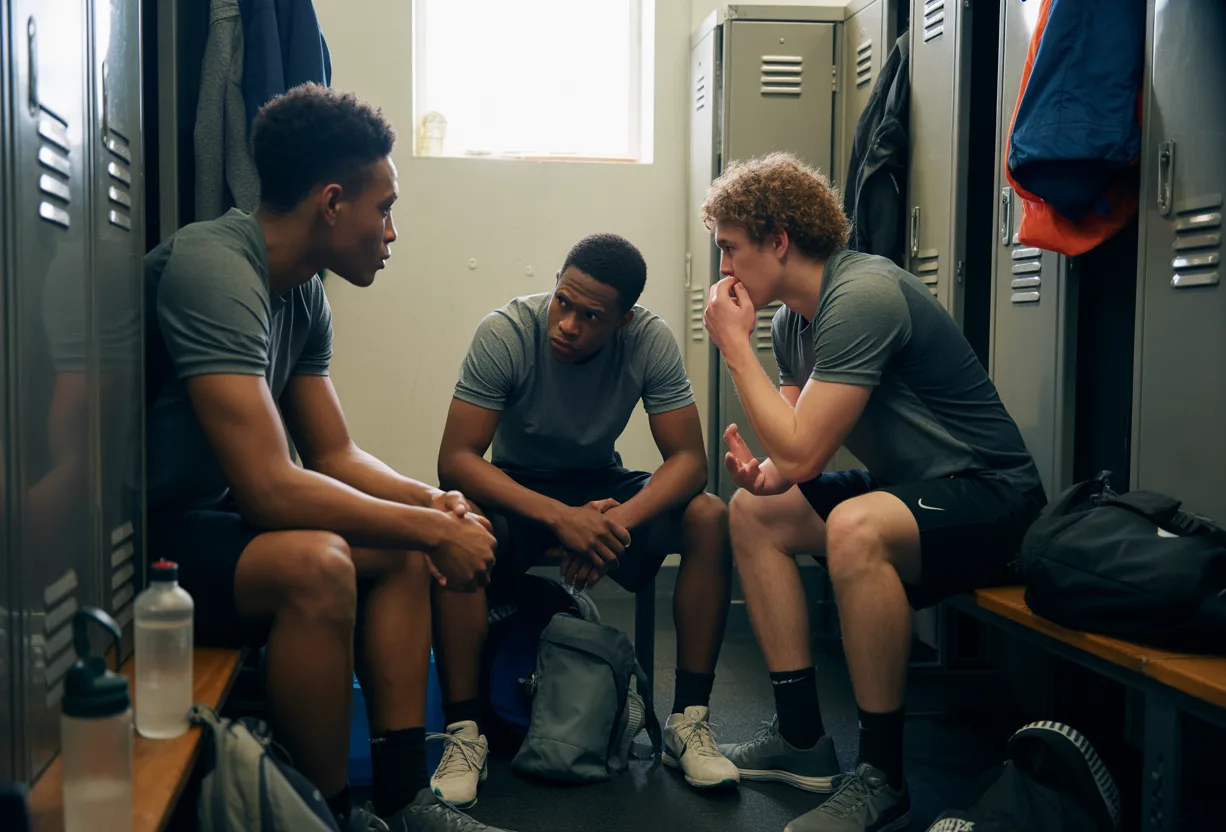Skateboarding is a sport that requires a combination of physical skill, mental toughness, and fearless focus. While many skateboarders focus on developing their physical abilities, the mental aspect of the sport is just as crucial for success. This is where skateboarding psychology comes into play. In this blog post, we’ll explore the role of hypnotherapy in skateboarding psychology and how it can help skateboarders overcome mental barriers and achieve their goals.
The Mental Game of Skateboarding
Skateboarding is a high-pressure sport that requires athletes to perform complex tricks and maneuvers under intense scrutiny. The fear of failure, fear of injury, and pressure to perform can all take a toll on a skateboarder’s mental state. Additionally, the repetitive nature of skateboarding can lead to mental fatigue, decreased motivation, and a lack of focus.

Many skateboarders struggle with mental blocks, such as fear of falling or fear of trying new tricks. These mental blocks can hold them back from progressing and reaching their full potential. This is where hypnotherapy comes in – a powerful tool that can help skateboarders overcome these mental barriers and develop a fearless focus.
What is Hypnotherapy?
Hypnotherapy is a form of therapy that uses guided meditation and visualization techniques to access the subconscious mind. By accessing the subconscious mind, hypnotherapists can help individuals change negative thought patterns, overcome phobias and fears, and develop positive habits.
In the context of skateboarding psychology, hypnotherapy can be used to:
- Overcome fear of falling or injury
- Develop confidence and self-esteem
- Improve focus and concentration
- Enhance performance under pressure
- Manage stress and anxiety
How Does Hypnotherapy Work in Skateboarding Psychology?
Hypnotherapy works by reprogramming the subconscious mind with positive affirmations and visualizations. By repeating positive affirmations and visualizing successful outcomes, skateboarders can rewire their brains to think more positively and confidently.
For example, a skateboarder who is struggling with fear of falling may work with a hypnotherapist to develop a customized hypnosis script that focuses on building confidence and overcoming fear. The script might include affirmations such as “I am confident in my abilities” or “I trust myself to land this trick.”

During a hypnotherapy session, the skateboarder would listen to the script while in a relaxed, hypnotic state. The goal is to bypass the conscious mind and access the subconscious mind, where the real change happens.
Benefits of Hypnotherapy in Skateboarding Psychology
The benefits of hypnotherapy in skateboarding psychology are numerous:
- Improved performance: By overcoming mental blocks and developing a fearless focus, skateboarders can perform at a higher level.
- Increased confidence: Hypnotherapy can help skateboarders build confidence and self-esteem, leading to greater success in competition.
- Reduced stress and anxiety: Hypnotherapy can help manage stress and anxiety, leading to improved overall well-being.
- Enhanced creativity: By accessing the subconscious mind, skateboarders can tap into their creative potential and develop new ideas and skills.
Conclusion
If you’re a skateboarder looking to improve your performance and overcome mental barriers, consider incorporating hypnotherapy into your training regimen. Revibe Therapy offers expert hypnotherapy services specifically designed for skateboarding psychology. With their online therapy platform, you can access personalized hypnotherapy sessions from the comfort of your own home.
Don’t let fear or doubt hold you back from achieving your skateboarding goals. Contact Revibe Therapy today to learn more about their hypnotherapy services for skateboarding psychology.






 Most often it is not the situation, but how we think about the situation that causes our feelings. How we think about situations is based on what we have learned and experienced in the past. Over time we may begin to react in ways that do not help us, and start feeling stuck and unhappy.
Most often it is not the situation, but how we think about the situation that causes our feelings. How we think about situations is based on what we have learned and experienced in the past. Over time we may begin to react in ways that do not help us, and start feeling stuck and unhappy. Dr. Ivey, Psy.D. completed her doctorate in Clinical Psychology with a concentration in Organizational Consulting at Pacific University’s School of Graduate Psychology in Oregon. For her dissertation, Dr. Ivey conducted qualitative research on the effects of workplace discrimination and microaggressions on minority Veterans’ overall job satisfaction with their military career. She completed the APA-accredited Psychology Internship training program and Postdoctoral Residency at the Orlando VA Healthcare System.
Dr. Ivey, Psy.D. completed her doctorate in Clinical Psychology with a concentration in Organizational Consulting at Pacific University’s School of Graduate Psychology in Oregon. For her dissertation, Dr. Ivey conducted qualitative research on the effects of workplace discrimination and microaggressions on minority Veterans’ overall job satisfaction with their military career. She completed the APA-accredited Psychology Internship training program and Postdoctoral Residency at the Orlando VA Healthcare System. I know you’re stressed and exhausted while trying to keep up with the world’s go go go trials, trying to do it all perfectly. This “hustle” mentality makes all of us prone to mistakes and poor decisions. Your mind is overthinking at such a high pace by now that you no longer know where to find the off button, or recall when you turned it on in the first place. Trust me, I’ve been there, and in that dark place is where you start to feel worried and fearful about the future because you don’t feel in control of the now. Sound familiar?
I know you’re stressed and exhausted while trying to keep up with the world’s go go go trials, trying to do it all perfectly. This “hustle” mentality makes all of us prone to mistakes and poor decisions. Your mind is overthinking at such a high pace by now that you no longer know where to find the off button, or recall when you turned it on in the first place. Trust me, I’ve been there, and in that dark place is where you start to feel worried and fearful about the future because you don’t feel in control of the now. Sound familiar? Often, when we seek support through therapy, we seem to underestimate the power of our own role in the healing process. We have all carried metaphorical luggage filled with experiences and events that have impacted our life. I know that it has been hard for you to seek support in untangling those moments from the past that now provoke stress, anxiety, frustration, anger, loneliness, sadness, guilt, depression, or hopelessness. The fact that you are reading this means that you have the intention to become the best version of yourself.
Often, when we seek support through therapy, we seem to underestimate the power of our own role in the healing process. We have all carried metaphorical luggage filled with experiences and events that have impacted our life. I know that it has been hard for you to seek support in untangling those moments from the past that now provoke stress, anxiety, frustration, anger, loneliness, sadness, guilt, depression, or hopelessness. The fact that you are reading this means that you have the intention to become the best version of yourself.